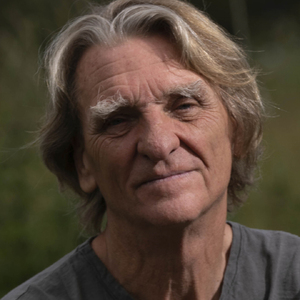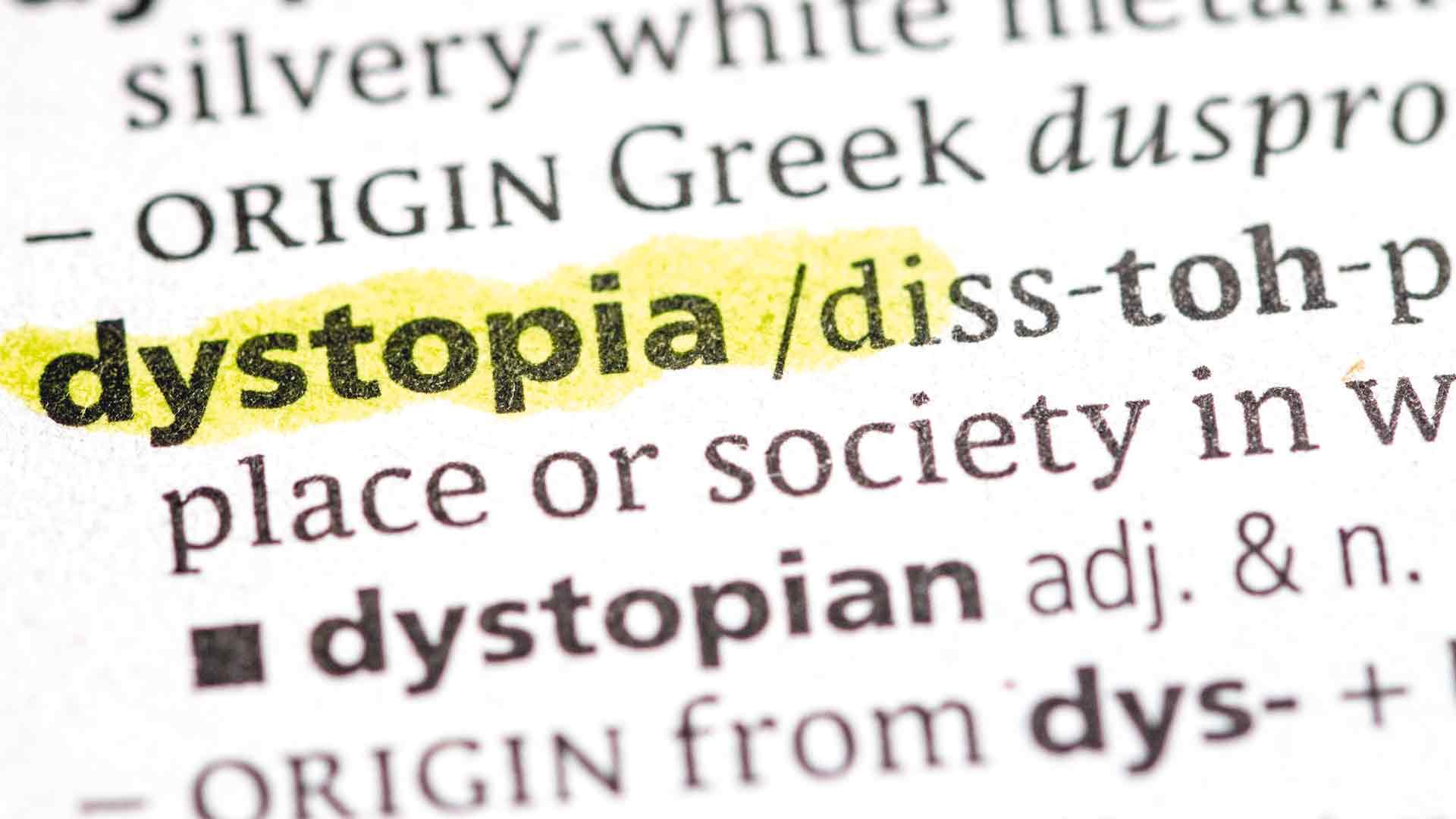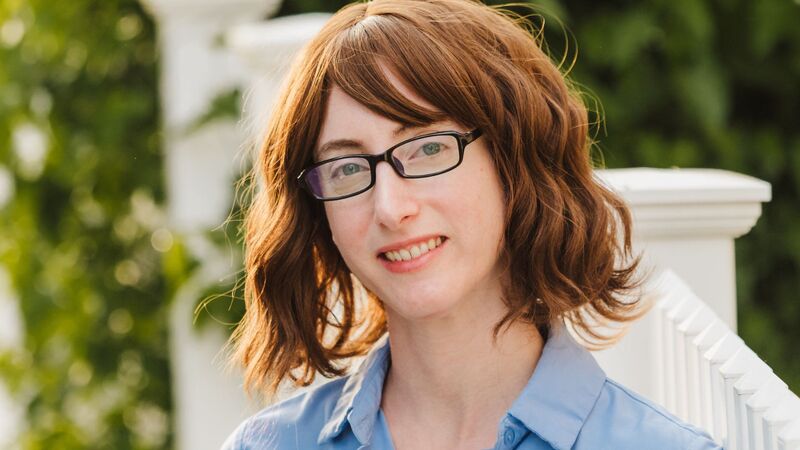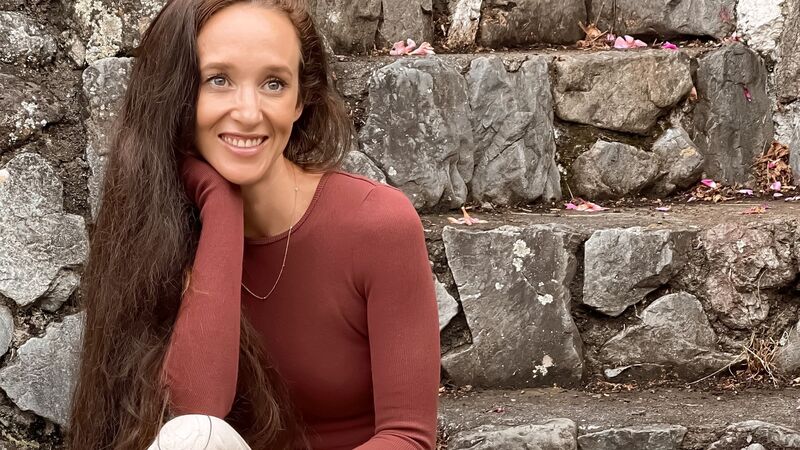You are viewing your 1 free article this month. Login to read more articles.
The hellfire club
Have YA dystopias lost their bite?
How are young adult dystopias fairing these days? We saw a huge surge after 2010, with The Hunger Games and The Maze Runner and their many imitators – a phase that burned out pretty quickly. I remember publishers telling me over any number of years that the dystopia craze was over. It never quite is, but as a money fountain, it feels like the genre’s had its day. Dystopia has been largely replaced by romance/fantasy in the YA SFF best-seller lists; think Samantha Shannon with her Bone Season series, Lauren Brookes with such books as Reckless, and Juno Dawson with her Her Majesty’s Royal Coven series.
There’s hopes now that The Hunger Games prequel movie, "Songbirds and Snakes", together with the new Netflix launch of "Uglies" might turn the tide. "Uglies" has all the hallmarks of modern YA dystopia – the identity politics, the hero, the love story, the rebellion, leading to some kind of self realisation. It’s a strong formula, but will it launch a new summer of YA dystopia? I think not. It all feels too familiar. We need something different. So what’s missing?
Dystopia sounds modern, but it’s an ancient thing. Is the Book of Revelation your thing? Or "Ragnorok"? Plenty of destruction there. If you prefer suffering, how about an early medieval Hell? There’s so much to chose from! One feature all these early dystopias share is – there’s not much rebellion going on. (Yes, I know Satan was a rebel, but look what happened to him.) They are all about power; know your place, or see where you may end up. These days we want more: a strong story, yes, but most of all – rebellion. Fight back! We want to see the human spirit at its best – in victory, preferably, but in defeat, too, it must shine. Modern dystopias are only superficially about suffering. Really, they are about rising above suffering. Sometimes, they are actually about love.
There is so much to be anxious about in the world right now, but the more modern dystopias have yet to produce something with Blackman’s kind of political heft
The very best dystopias articulate our fears of the modern world – think Mary Shelly on the dangers of science, Orwell on propaganda, Margaret Atwood on misogyny. At their best, these books open up our understanding of the world we live in and create tropes that become part of our cultural vision. I’ve heard Orwell criticised many times as in – "It never happened!" (Are you sure?) But that’s missing the point. Over and over again, we return to the images and phrases he used to describe the world around us; and Mary Shelly’s monster still walks today, as loved and feared as always.
The most successful political YA dystopia has to be Malorie Blackman’s Noughts & Crosses series, a properly political piece of work that showcases the issues of growing up Black in a racist white society. It’s a series that gave Black kids a much-needed reflection of who they were in fiction, but also gave a whole generation of white kids a clear-eyed look at the effects of racial stereotyping. Sadly, it shows no sign of loosing its relevance.
My own efforts in this direction were very different kinds of beasts – modern takes on something ancient; the Viking Volsunga Saga. My own Bloodtide, originally published in 1999 and Bloodsong, originally published in 2007, are now being reissued in a new "Complete Duology" with Andersen Press. An adaptation of myth, they don’t have that pointed political edge, but Bloodtide in particular does talk about war, genocide and prejudice as well as individual politics. I do believe that any fantasy, dystopia or otherwise, has to be about something larger than itself if it’s going to rise above the crowd.
There is so much to be anxious about in the world right now, but the more modern dystopias have yet to produce something with Blackman’s kind of political heft. Usually, it’s enough to set up a generically evil society and then have a hero fighting against it. Popular uprisings in society seem to be largely neglected, which might seem odd as it is popular uprisings that bring about change in real life. Partly this is the condition of the novel itself – it is a form that lends itself to individual characterisation and relationships rather than societal movements. But if dystopia is going to advance its role and give some real form to those anxieties, it is going to have to produce something more relevant in the long run – hopefully something that can give us a new way of understanding the mess we seem to be in.
In this economic climate, publishers are only looking for the sure-fire big sellers. Where is the new going to emerge out of that attitude, I wonder? Publishing is famously reactive; no one really knows what’s coming next. Anything successful tends to get pushed first into a glut, then into a rut. But somewhere out there there’s a young writer with a new vision. Of course, they’ll have no track record. They may even be dangerously political. Will publishers accept that?
Hopefully, someone will be willing to take a risk.




















